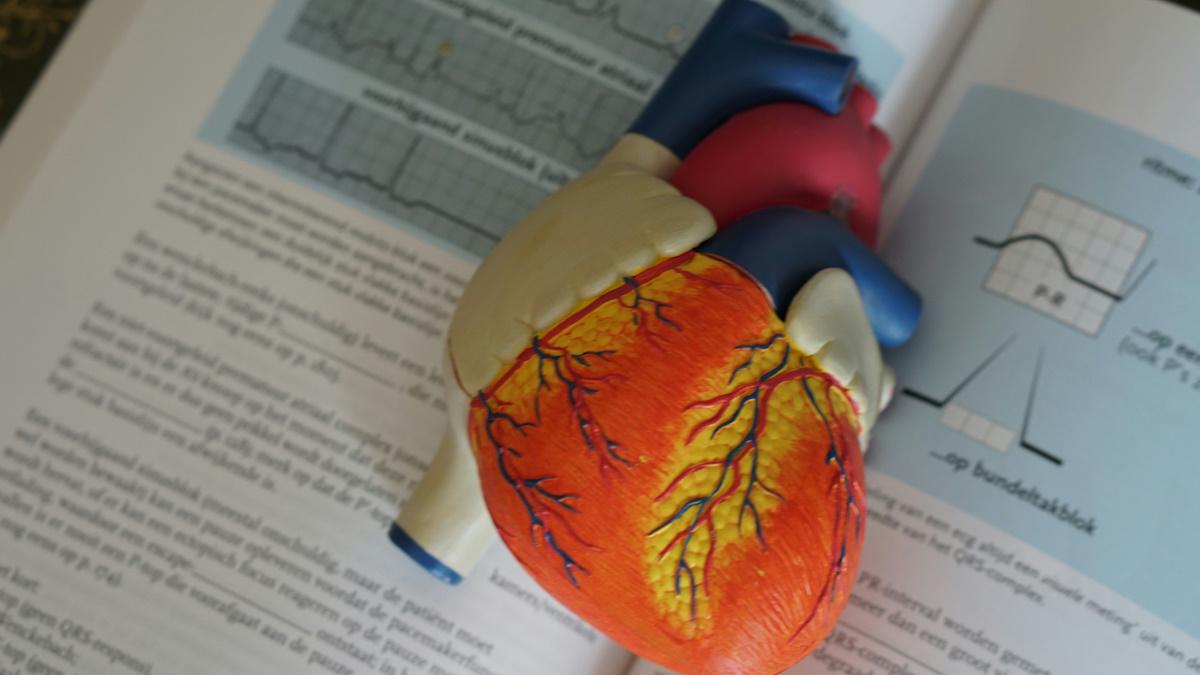AI could 'cut ECG result wait times and speed up treatment'

Using artificial intelligence-powered software for screening electrocardiograms (ECGs) could deliver results more quickly and allow treatment to be started earlier, according to a new study.
The trial of the PanEcho software, presented at the American Heart Association (AHA) congress in Chicago, suggests that it could revolutionise the use of AI to interpret ECGs because it can simultaneously carry out 18 different diagnostic classification tasks, while other AIs have zeroed in on one or two different readings.
PanEcho is the first AI to automatically assess all key areas of heart health from ECGs with images from multiple views and identify which are most relevant for each imaging task, according to Gregory Holste, a researcher with the Cardiovascular Data Science (CarDS) Lab at the Yale School of Medicine, who presented the study at AHA.
Crucially, the study – also called PanEcho – put the AI through its paces independently of any clinician oversight, to gauge whether it could be used for screening purposes when access to expert readers is not readily available.
Used in this way, "PanEcho could rapidly rule out abnormalities that would otherwise require urgent referral," said Holste.
Applying AI to ECGs makes a lot of sense as the technology is a foundation of the triage process for suspected cardiovascular disease cases, and making efficiency gains in this area could have a profound impact on patient care.
The research team set out to develop a novel AI system capable of comprehensive reporting for all major findings from any set of echocardiography videos, training it on almost 34,000 ECG tests and 1.2 million ECG videos.
PanEcho found it had a high degree of accuracy in detecting or discounting a range of cardiovascular disorders, including severe aortic stenosis, mitral stenosis, aortic regurgitation, mitral regurgitation, systolic dysfunction, and left ventricular hypertrophy.
The model has now been released publicly to help "encourage the research community to move toward flexible, multi-task, multi-view approaches for echocardiogram interpretation," said Holste.
Making it open source means that other clinical groups will be able to use the AI or adapt it for use in their own practices.
The next step is to prospectively validate its application in real-world patient care environments to provide further insights into its clinical viability, according to Holste.
"It also needs to be evaluated for use with portable echocardiogram machines used in emergency rooms and smaller medical clinics, where there is potential for the biggest positive impact with AI tools."
Photo by Robina Weermeijer on Unsplash












